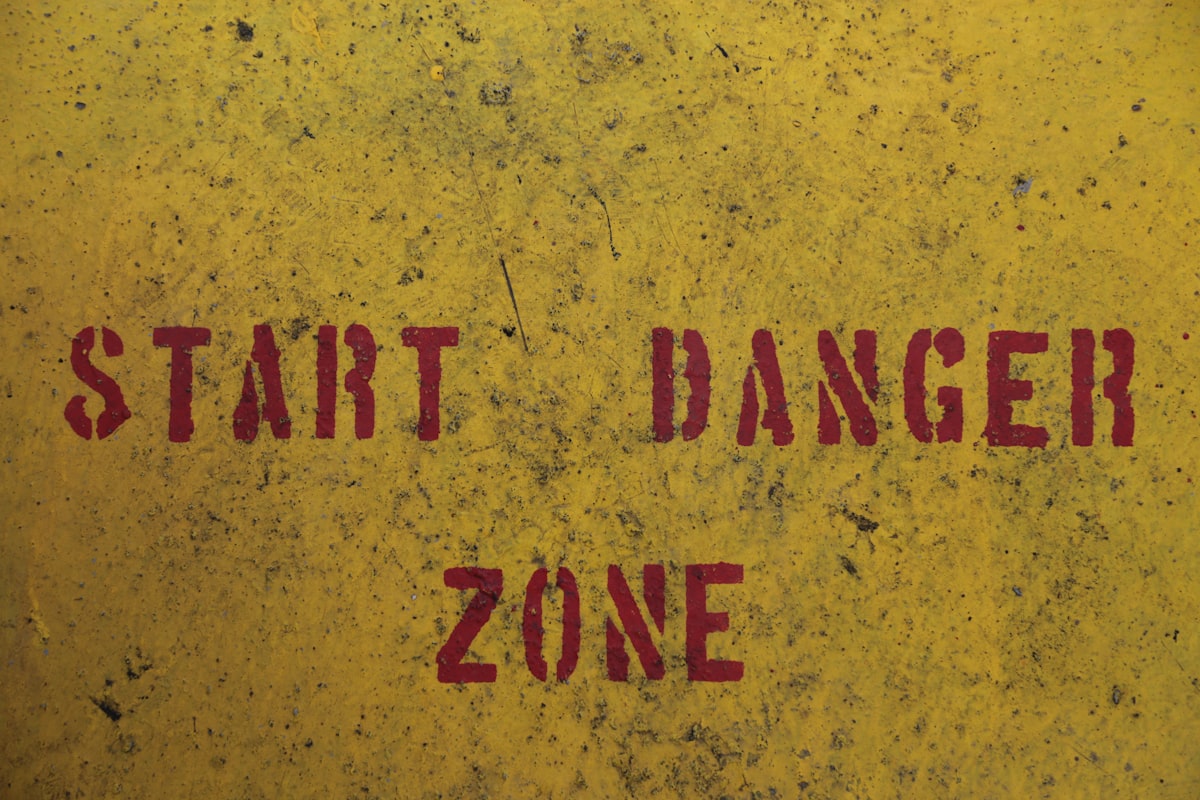The Dangers of Setting Your Goals Too High

Missing the moon just gets you lost in space.
For a while, I felt aimless. I would reflect on some milestone events in my life and what felt like a month ago, turned out to be years ago. It was frightening. Where did all the time go?
I ended up overcorrecting. I decided that it was time to double down on my goals and that I was going to work harder than ever to achieve them.
Running 20-miles a week would become 50-miles a week.
Writing 2–3 articles a week had to become an article a day.
All my meals needed to be meticulously planned, so I wasn’t eating anything unhealthy.
I would keep it up for a week and then fail. I ended up defaulting back to my old habits or doing nothing whatsoever. My mindset would end up worse than before.
After continuing this cycle for months upon months, I knew something had to change. It was easy to get caught up in this never-ending cycle of boom and bust in my productivity. I had to take a different approach.

The Pitfalls Of Setting Your Goals Too High
Setting your goals too high can chip away at your character.
Imagine if you are someone who normally wakes up at 8am every day, and then you tell yourself that you’re going to start waking up at 4am.
Maybe you do it for a day or two, but then you slip back into your old habits.
This reinforces to you the belief that you’re someone who can’t wake up in the morning. Actions are more powerful than thoughts. If you’re not acting like someone who wakes up early in the morning, then you won’t perceive yourself as someone who does so. It doesn’t matter how you think mentally. Your subconscious will know you’re full of it.
This leads to your breaking promises to yourself. I used to think it was okay to break a promise to myself as long as I didn’t break promises to others.
It wasn’t until a day when I told my fiancé that I was going to meal prep for her. She replied a matter-of-fact, “You always say that, but then you don’t do it long term.”
She didn’t realize it, but that comment took me aback. I realized that the personal promises that I was breaking to myself were starting to cause me to break promises to others. I was becoming okay with not having accountability.

You Lose Accountability
When you keep a goal in your head that may take years to accomplish, it becomes easier to procrastinate.
“What’s the difference between today and tomorrow?” You may ask yourself.
Then tomorrow becomes a week or even a month, and you’re in the same place you were. Dreaming.
Sometimes 15 minutes a day can be all the difference in the world.
Have you ever set a goal and told people about it? Have you ever gone months without any progress on that goal then when people ask you about it, you say, “yeahhh, it’s going okay. I’m still working on something, but this ended up happening and I got busy, but I’m getting right to it.”
You know you’re full of shit when you tell people this, but you’re trying to save your ego from getting bruised.
Be honest, you probably slept in for a month straight then decided you would rather watch a T.V. show instead of continuing to progress in your goal.
Nothing worthwhile is easy. If it was, everyone would do it. If there was a magical answer on the internet, it would be broadcasted all over social media. Instead of procrastinating and telling yourself that you need to do “research” starting doing it.
Every day you waste, you can never get back. The average person only lives 4000 weeks and guess what, you spend the first 1000 of those weeks in the first 19 years of your life.
Whatever decade of your life you’re in, imagine it this way, if you waste a week in your 20s, you lost about .2% of your 20s right there. You waste a month, that’s almost 1%. You waste a year, that’s more than 10%.
Time is always moving, and it doesn’t matter if the timing is right because it never will be. Luck is when hard work meets opportunity and if you’re always working towards your goals, finding the right opportunity is inevitable.
Don’t make excuses for why you didn’t do it, and start making a way to how.

“If a goal is worth having, it’s worth blocking out the time in your day-to-day life necessary to achieve it.” — Jill Koenig
Set Your Goals Right
Don’t Shoot For The Moon
I think the old saying, “shoot for the moon and if you miss, you’ll land along the stars” is an overused cliché saying.
No, if you miss the moon, you’ll be lost in space.
You need to have proper direction. Writing on paper that you’re going to have a million dollar net worth in 5 years isn’t going to make it happen.
Breaking Your Goals Down
When I was training for my first ultramarathon, I was working a job that had 10-hour days and a 1-hour commute. I didn’t feel like I had time to train, but then I started to explore unconventional solutions. I found a gym that was 5-minutes away from my office.
Every day on my lunch break I would go on a run at that gym. Other days, I would go on a run on my break. My office didn’t even take a shower, so I would make sure to take lunch later in the day and wipe myself off with Dude wipes after (there was no shower at the gym). I would not allow anything to get in the way of me accomplishing that goal, or I knew I would regret it.
It wasn’t going to be accomplished by doing something big, it was going to be accomplished by doing the little things right day after day.
Accept Your Present State
When researching on how other people accomplished something you want to accomplish, you can fall into that rigid mindset that you need to do it their way.
However, your life isn’t the same as that person. It’s great to get ideas, but if you’re working 10–12 hour days like I was, you may not be able to fit in 3 hours a day of activities to push towards your goal.
You may have to compromise and stretch it out.
Acceptance of where you are today in the only way you’ll make strides tomorrow.
It’s like when someone who is out of shape and decides to work out as hard as they did when they were 10 years younger. Usually two things happen, they either burn out or get injured.
Accept where you are and push the needle forward from there. Aim for something that you know is achievable.
It Doesn’t Have To Be Harder Than You Make It
Long-term goals can often be intimidating. However, once you break it down to the smallest denominator each day, it doesn’t have to seem as hard.
If you want to lose 20 lbs over the course of a year, that equates to about a 160 calorie deficit per day for about 14 months. Do you know what has 160 calories in it? A small bag of chips.
Once you break it down that way, you start to realize how much doing the little things matters. You don’t have to work out like David Goggins every day to achieve your fitness goals.
Of course, going with a mindset like this is going to require a lot of faith that what you are doing is the right way. You may not see results right away, but overtime, the results will become undeniable.
Accomplishing your goals is a lot easier when you set yourself up for the week. That’s why I started the Setup Sunday Newsletter at Running Relentless. Every Sunday morning I will send out an email on how I am setting myself up for the week and questions you should ask yourself on how you can set yourself up.




